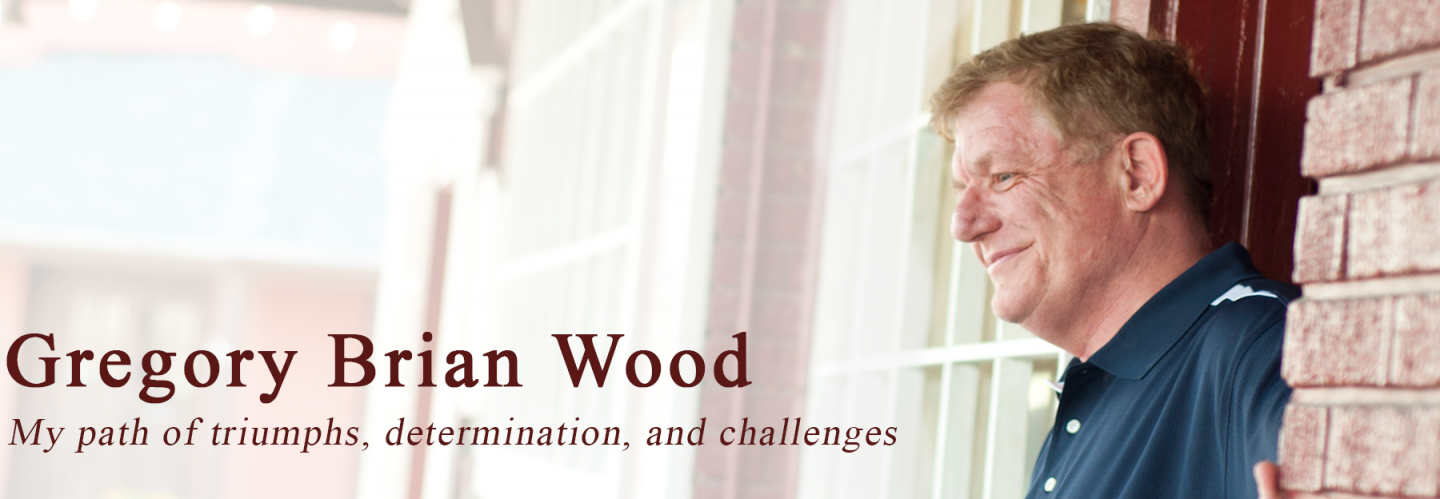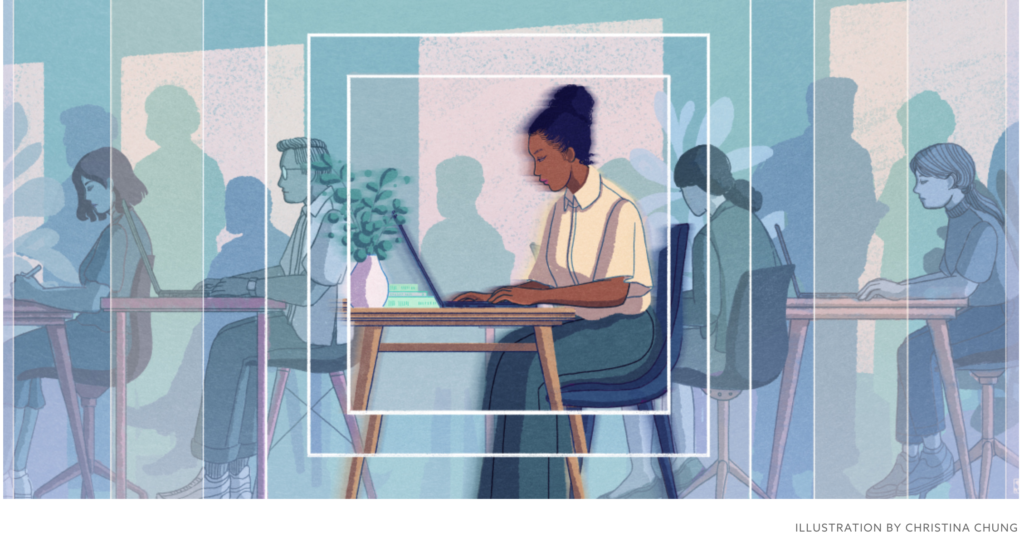As I child and teenager I never really explored my interests to see if they could have developed into a way to support myself. Being in a boarding school I helped out in the kitchen and helped clean the school on the weekend when other kids went home. I wanted to become a priest or a police officer as a kid.
As a teenager I just did the typical retail and fast food jobs. Over the years my mother felt I should learn a trade, become a forest ranger or attend the merchant marine academy to work on a ship. A professional did some testing on me that suggested learning a trade, otherwise I would be subject to a lifetime of low wage jobs. At the time I wanted to attend college and was a bit hardheaded. Yet I felt I may not be smart enough for the merchant marine academy or go to college to be a forest ranger due to the science courses needed. Some of my testing after being in the workforce showed the following areas would be good matches: outdoors technology, science skilled, protective service, medical billing and coding. I value orderliness, clear directions, and efficiency in my work settings. My profile indicated that I enjoy structure as well as repetition of tasks to work at optimum performance levels and master assignments. I also value settings which includes social interaction. I read a book called Employment for Individuals with NVLD. Some of the careers the book suggested were library science, bank teller, college professor, medical information tech, and vet tech.
Knowing what I know now I would have made an application to the merchant marine academy to see what that would have brought. Living on a Semester at Sea ship for almost 4 months showed me how well I did on the ocean. Or, I would have done the Junior College route and learned a trade or received technical training. I always wanted to be an expert at something.

 As a black woman living in the United States, I am always mindful of what others think about me, and the assumptions they may make. As a black woman with autism, I am especially aware that colleagues often see me as an ‘angry black woman,’ even though my thoughts and behaviors are the opposite of this stereotype. (I prefer to label my ethnicity as black, not African American, because not all black people are African, and the majority are not American.)
As a black woman living in the United States, I am always mindful of what others think about me, and the assumptions they may make. As a black woman with autism, I am especially aware that colleagues often see me as an ‘angry black woman,’ even though my thoughts and behaviors are the opposite of this stereotype. (I prefer to label my ethnicity as black, not African American, because not all black people are African, and the majority are not American.)